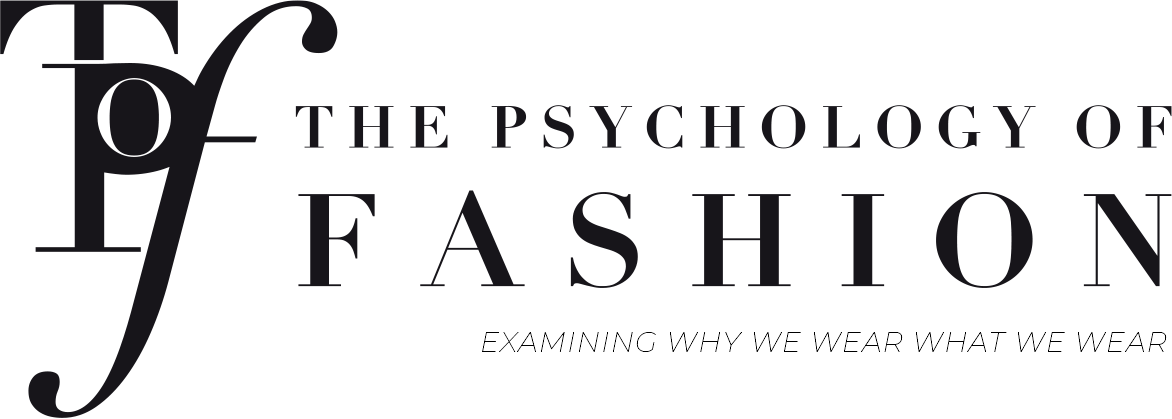You’ve read them all, so-and-so showing us that 40 is the new 20, 50 is the new 30, and Lord knows what’s next. While this comparison is meant to be a compliment, it also validates the belief that it is shockingly unusual for anyone over 35 to look that good, that younger is always hotter, and that being healthy-looking and youthful is equated to chronological age. This focusing on numbers is not only inaccurate, but it yields a host of negative effects for all of us. This narrative exacerbates ageist thinking among our culture, and actually fosters a mindset of helplessness among most people that is paradoxically quite…ageing. Here’s why.
Or, this is just what 50 can look like. (Source: vogue.com)
Throughout history, looking fly was mostly about communicating fertility prowess and attaining resources. You beautified yourself to attract a mate. After you had children, you were thought to be kind of done. People were not self-motivated to take care of themselves. We now live in a very different, more individualistic time. The more enlightened of us have learned to look good for ourselves as a means of self-actualization. After all, the way you do any thing is the way you do everything, and those that work hard on their careers and relationships, will usually also take care of their health. They take the supplements, eat real food, get their sleep, drink their water and decrease stress as much as possible.
Or, she is just a fit 49-year-old.
The problem with the old way of thinking (once you hit X age, you’re “old”), is that we begin to believe that signs of ageing are all completely inevitable and there is nothing we can really do about it. We don’t realize that there is a difference between being young and being youthful. You can’t always be young, but you can always be youthful. Unless we grasp this, subconsciously, we make a hundred little decisions that actually age us. Gym? I don’t have time for that anymore. I have a business to run. / New outfit? Who am I trying to impress? / Collagen powder? Why bother?
In psychology, ‘locus of control’ is the degree to which people believe that they have control over the outcome of events in their lives, as opposed to external forces beyond their control. Unsurprisingly, people who operate from an internal locus of control, who believe they can directly influence their outcomes, fare much better in life in all areas. Those with an external locus of control, will attribute continued youthfulness to genes. But those who believe they can affect their ageing process by making up for what the body starts to lose, make the headlines. Jessica Chastain. Halle Berry. Jennifer Lopez. Julia Roberts. Julianne Moore. Jessica Alba. Gwyneth Paltrow. Carolyn Murphy. They put in the work. But we do these women a disservice by telling them they look 20. They just look good. Lose the number.
Ageism doesn’t only affect women. Jeff Goldblum and Pharrell’s “agelessness” is frequently commented on in the press, and let’s not forget the case of Dutch DJ Emile Ratelband, who is legally trying to change his age from 69 to 49 as he feels he receives all kinds of undue societal rejections because of the number.
I am 33, and when I disclose my age, I am often met with “Wow, I assumed you were 20-something.” And while admittedly, at first I bask in the warm glow of this “compliment”, I always end up feeling irritated. Why does “this” have to look like 20-something? Why equate 33 with an older or rather unhealthier look? When I was in my early 20s, I had overplucked my eyebrows, dyed my hair a weird shade and ate all the wrong foods - resulting in a bloated visage and sallow complexion. I looked 45. Scratch that. But I sure as hell didn’t look youthful.



